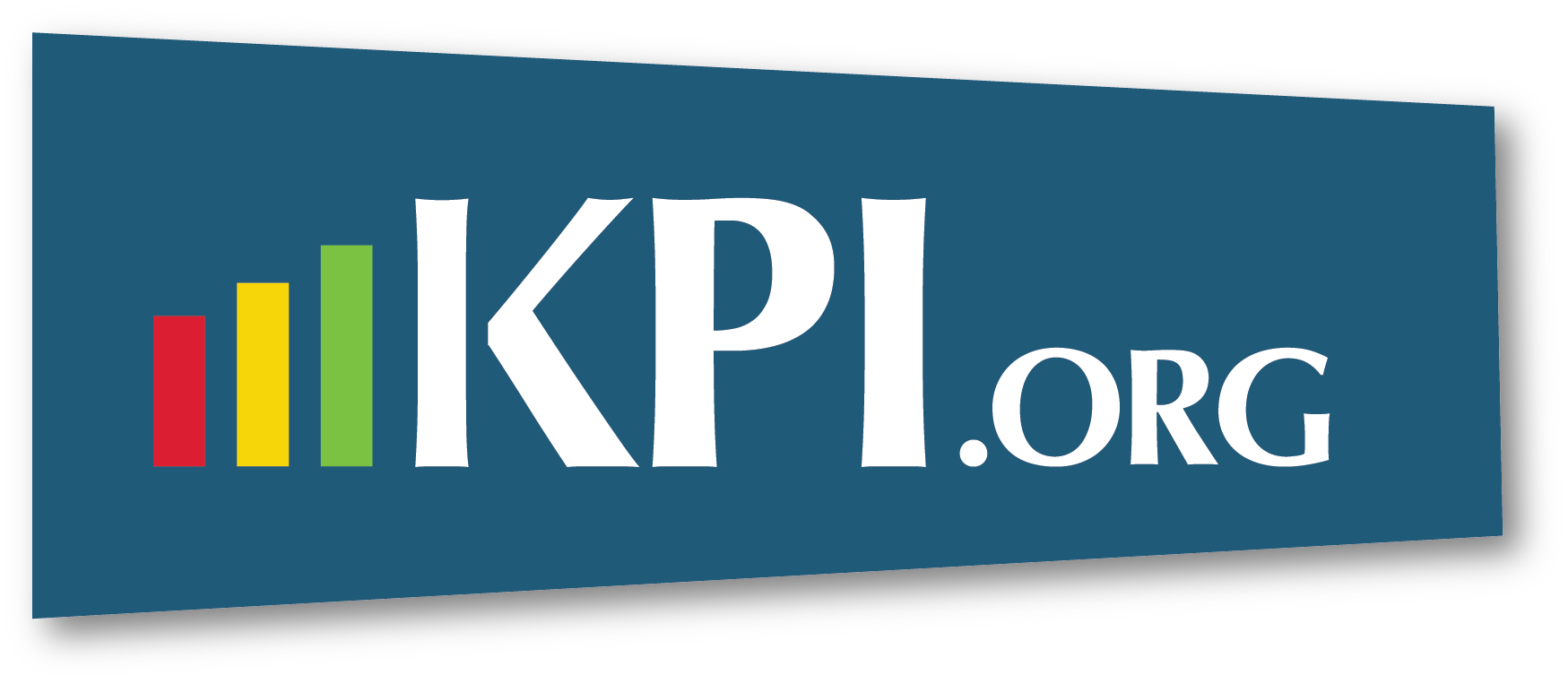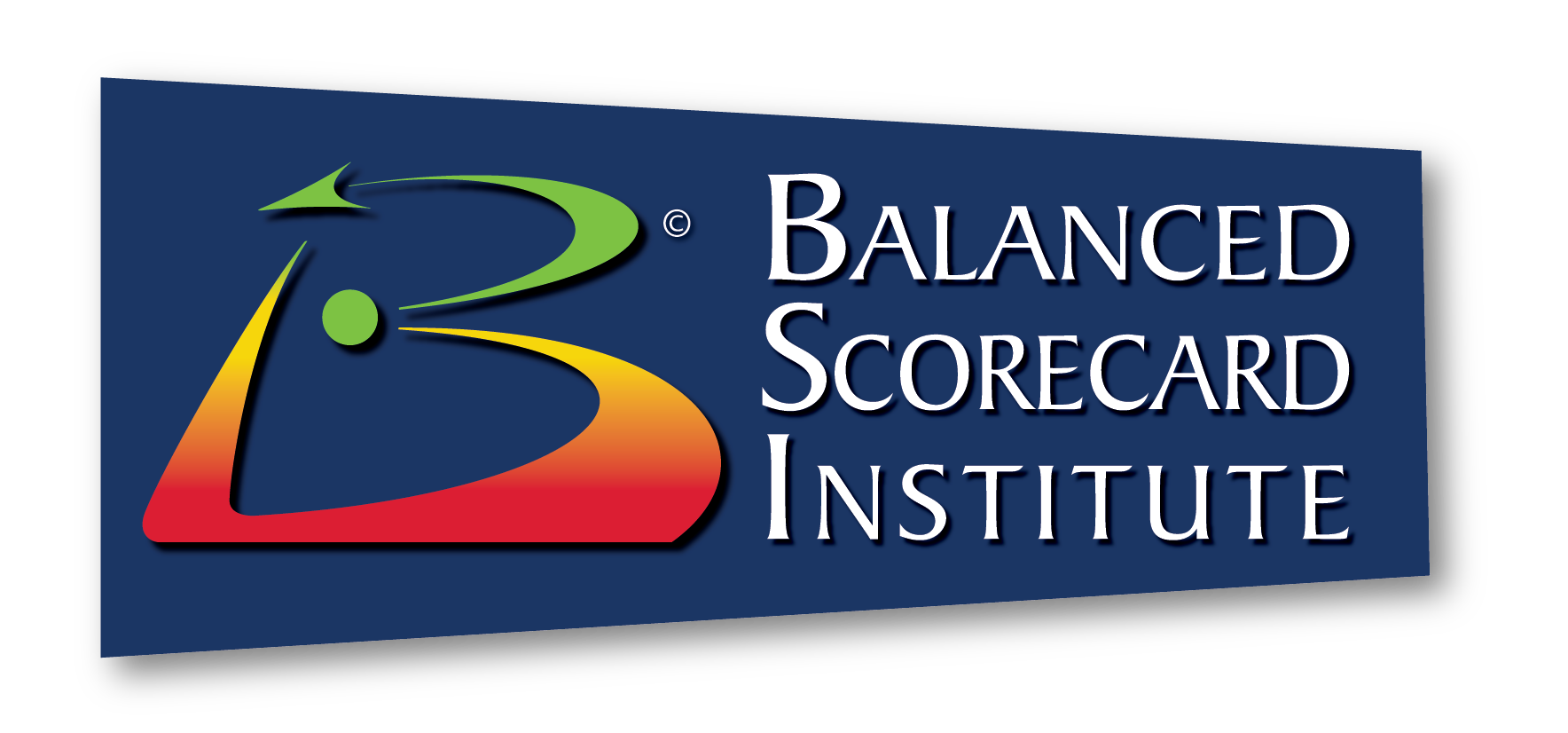KPIs Are Essential (But Know Your Audience)
 I wanted to sink into the conference room floor. I was so embarrassed and was convinced that I must have just asked the stupidest question in the world. To this day, I cringe at the memory of standing there, in front of the entire leadership team at a prestigious, world-renowned, non-profit organization, while the entire team stared blankly at me. I was well into the second decade of my consulting career and was accustomed to taking on major projects. This time, I’d been asked to design a dashboard of metrics for this organization. I’d gathered the heads of all functions and departments to explain the purpose of the project, their roles as stakeholders, and then, poised to write responses on the whiteboard, I asked the question: “Can each of you tell me what three to six key metrics you use (or would like to us) to manage your part of the organization?” My thinking was that this would give us a quick and rough outline of what metrics mattered most to the people who ran the organization – these same people who were now staring at me. Finally, one gentleman spoke up and said, “I believe this is what we hired you to do – don’t you know what metrics we should use?”
I wanted to sink into the conference room floor. I was so embarrassed and was convinced that I must have just asked the stupidest question in the world. To this day, I cringe at the memory of standing there, in front of the entire leadership team at a prestigious, world-renowned, non-profit organization, while the entire team stared blankly at me. I was well into the second decade of my consulting career and was accustomed to taking on major projects. This time, I’d been asked to design a dashboard of metrics for this organization. I’d gathered the heads of all functions and departments to explain the purpose of the project, their roles as stakeholders, and then, poised to write responses on the whiteboard, I asked the question: “Can each of you tell me what three to six key metrics you use (or would like to us) to manage your part of the organization?” My thinking was that this would give us a quick and rough outline of what metrics mattered most to the people who ran the organization – these same people who were now staring at me. Finally, one gentleman spoke up and said, “I believe this is what we hired you to do – don’t you know what metrics we should use?”
Fast forward another decade and I have a lot more KPI experience under my belt and I’ve worked with dozens of major organizations on performance management as well as implemented KPIs for my own use in managing an organization. And in hindsight, I now realize that the managers who were staring at me should have known their key processes and value drivers and been able to articulate what they were trying to accomplish and how to measure it.
I have since learned that there are two kinds of managers/leaders. Those who operate at a tactical level and those who see the full picture. The tactical managers keep very busy managing what Covey calls the whirlwind of daily operations. Some focus only on the day-to-day actions that are required of them. Some are great at people skills. Some are more entrepreneurial and implement innovations, initiatives, and projects they feel are needed as they sense and respond to risks and signals at the tactical level. But after all these years, I see how these sorts of managers consistently fail to achieve meaningful long-term results. They perform well on daily operations, but few can achieve sustainable improvements in those operations. And that is exactly what happened to every one of the managers in that conference room. They did their daily jobs well, but they couldn’t produce long-term results for the organization. Within five years, all were replaced.
The other type of managers/leaders see the full picture of key processes and value drivers and they leverage KPIs to monitor and manage performance. They know KPIs (metrics) will enable them to better manage overall performance as well as to assess the impact of any innovations, initiatives, and projects.
I’ve since learned that I didn’t ask a stupid question. I simply was asking it of the wrong sort of manager/leaders. I’ve asked that same question of the other type of managers and they rattle off metrics faster than I can write them down.
I have learned to assess the audience first and be sensitive to the fact that not everyone knows about KPIs or how they enable managers with insights and power for improving performance. Some individuals may need some basic education about the topic, they may have a long change management journey to buy into the value and use of KPIs, and they most likely will need coaching help to figure out their key processes and value drivers, as well as how to determine appropriate KPIs to use.
It’s not rocket science. To some of us, it is simply common sense. But not everyone is wired this way. We are all born with different natural tendencies so I’ve tried to learn to keep that in mind. And I no longer sink into the floor when someone stares blankly at me. I simply start asking more questions until we find common ground and then work forward from there.
Gail is co-author of The Institute Way. With a career spanning over 30 years of strategic planning and performance management consulting with corporate, nonprofit, and government organizations, she enjoys speaking, training, and writing, sharing her experience with others. She currently is a Partner at Credera in Dallas, TX.







